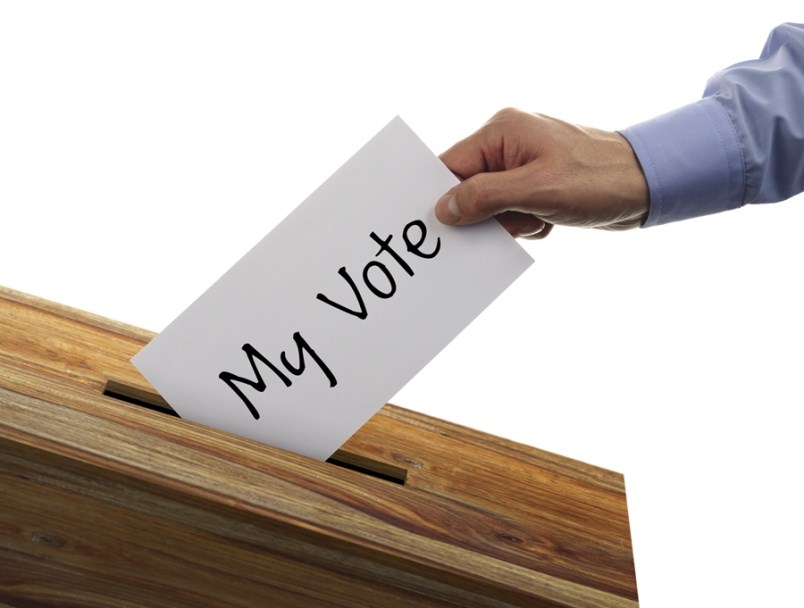The following opinon piece was submitted to the Thorold News by Doug Rapelje:
On Oct. 21, Canada will hold its 43rd general election. Seniors and all eligible voters need to participate and make your vote count.
Gary Johnson helps us understand why we need to vote: “Regardless of who wins, an election should be a time for optimism and fresh approaches.”
Voting is a big part of democracy. Many things in our municipalities and country are decided by voting and elections. It’s therefore surprising that many people choose to stay away from the ballot, even though they could help determine the future of our communities or county.
Although many citizens feel as if their vote doesn’t count, there are plenty of reasons you should hit the polls. No matter which side of the political divide you subscribe to, your voice is an important one.
Seniors represent an influential voting block and a strong voice to be heard on the issues that are important to seniors.
In the Niagara Region, the 65+ population represents 21.39 per cent of the total population, or putting it another way, 21.39 per cent of eligible voters.
In the 2015 federal election, there was a significant spike in voter turnout in Niagara and across Canada. While previous municipal, provincial and federal elections saw a voter turnout in the range of 40 to 60 per cent, the 2015 federal election drew nearly 70 per cent of eligible voters across Canada and 67 per cent of eligible voters in four electoral districts in Niagara. (Elections Canada).
These are important statistics as they show more people are participating and taking time to vote.
Rick Mercer has some good advice: “Do the unexpected and get out and vote. Take 20 minutes out of your day to do what people do all over the world - vote.”
Election Canada reports that across Canada, seniors get out and cast a ballot at a higher rate than other age groups. Let’s make an extra effort to increase the senior vote this election and all others age groups.
It appears this will be a very heated and competitive election, but a very important one in these challenging times.
Leading up to Oct. 21, there will be political speeches, debates, candidates knocking on our door with campaign literature, lawn signs, facebook and newspaper ads, as well TV commercials. This is an important process in helping voters understand the parties and candidates' positions on issues that affect our lives and the way we vote.
This is a time when we can engage candidates regarding their awareness of the Age-Friendly Community Project or other important issues, like health care, protection of pension plans, transportation, affordable and housing options, long term care facilities, recreation and wellness centres, pharma Care, dementia strategy, home care, mental health services, pension income, educational opportunities, and others. Young people are taking the lead on climate change as an important political issue.
The Niagara Aging Strategy and Action Plan solicited input from the community and developed the following vision statement:
“A caring community that optimizes opportunities for overall wellbeing to enhance quality of life as people age.” To reach this vision requires the support of our political leaders.
The volunteer-led Age-Friendly Niagara Network provided all federal candidates with a brief to help engage candidates in the issues that are effecting everyone in our communities.
Over the years there has been more effort to make it easier to vote, so take advantage. Transportation to the polls, easy access at the polling stations, voting information in different languages, voting assistance, polling stations in hospitals and long term care facilities, voting from home, and other measures are available. For more information, you can call Election Canada at 1-800-463-6868.
So don’t hesitate to ask for assistance and make your vote count.
Doug Rapelje is the former director of the Region Social Services and Senior Citizens Department and member of the Niagara Age-Friendly Leadership Council.



